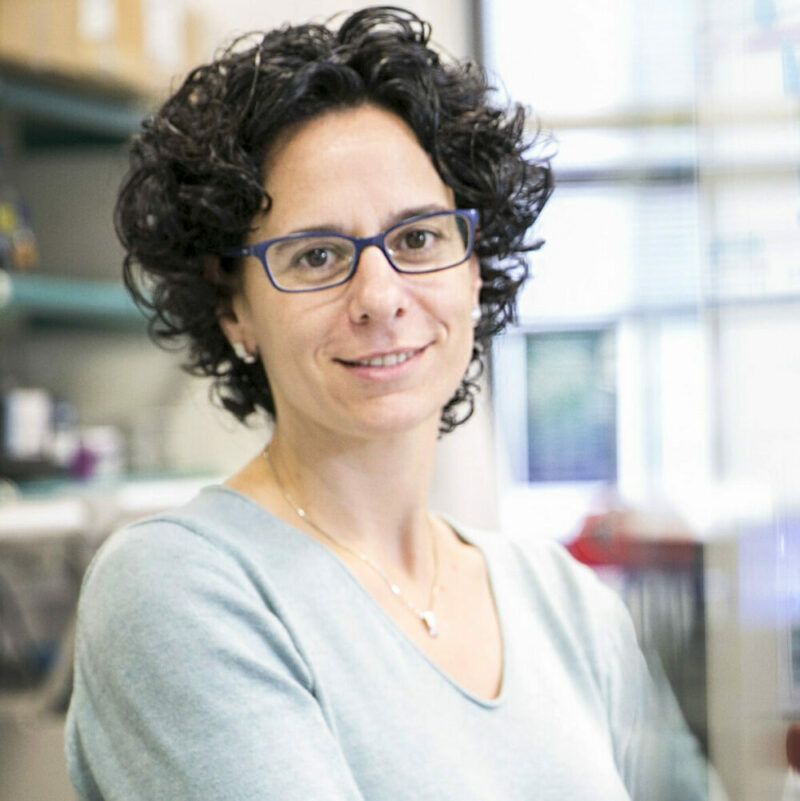One of the main goals of cancer research for the past 35 years has been the identification of mutations that drive tumorigenesis in different tissues and understanding when and how they do so. Although it is clear that some mutations in some “driver” genes provide a selective advantage to cancer cells, others have no effect, and are simply “passengers” in the mutagenic tumor cell background. Thus, the vast majority of mutations in cancer genes are of uncertain significance, posing a challenge for the implementation of precision cancer medicine. Moreover, the cellular, temporal, and spatial context has historically been largely ignored when examining which mutations provide a selective advantage to the cells. Identifying the mutations that have the capability to drive tumorigenesis and in which context they arise is crucial to advancing our basic understanding of the mechanisms of cancer development and tumor evolution.
While the identification of specific cancer driver mutations has been addressed via high-throughput experimental mutagenesis for a handful of cancer genes, this is difficult to scale-up to broader genome wide efforts. Here, Nuria Lopez Bigas and her team will study mutations in tumors from a different angle. They propose that the mutations observed in thousands of tumors —natural experiments testing their oncogenic potential replicated across numerous individuals and tissues— hold the key to solving this problem at scale. They have recently demonstrated the feasibility of building high quality models of driver mutations in specific cancer genes and tissues using a machine learning approach inspired by evolutionary biology. With this proof of concept done, they will now create a more complete and powerful learning framework that exploits the tumor somatic mutations in a much larger number of patients. This framework will provide not only the catalog of driver mutations in cancer genes; it will also identify the specific tissue contexts or patients where they play this role. These studies represent a significant step forward to understand the basic mechanisms of tumorigenesis across tissues and may set the stage for major advances in the clinical interpretation of mutations for precision cancer medicine.




